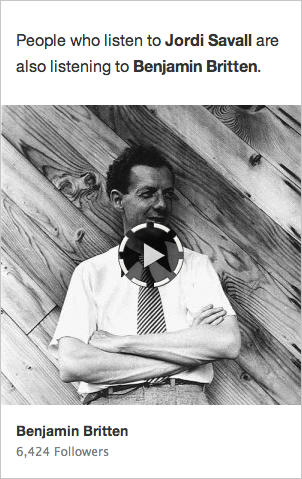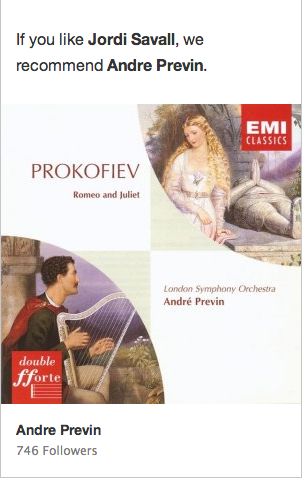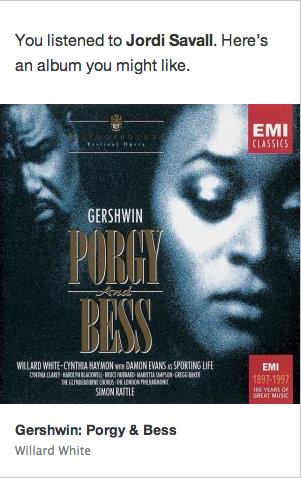I premiered a new kids’ piece this summer called “How to Become a Composer: The Tale of a Young Musician“. I’m just now posting it because we weren’t really set up for an audio recording, and I’ve had to do my meager best to clean-up the track. The narrator is my friend Kyle Ritenauer, NYC percussionist extraordinaire; the orchestra is the house band of the Pierre Monteux School. They all did a pretty good job on one rehearsal!
This, and it’s sister piece, “Cinderella Goes to Music School” are long pieces, about 35 minutes each, and that’s the point – you’re supposed to be able to perform either piece and have it take up a whole children’s program (at the Monteux School, we follow it with an instrument petting zoo, so the whole morning clocks in at around an hour.)
At 35 minutes, I know that very few people will actually sit down and listen to either of these pieces, but I’d like to tell you a little bit about what I think distinguishes them from the rest of the pack.
OK, so what are the other pieces in the Narrator+Orchestra category? “Peter & the Wolf” [obvs.], “L’Histoire de Babar”, “La Boîte à Joujoux”. Then there’s sort of the next generation of pieces, like “Tubby the Tuba” and “Peewee the Piccolo”. These pieces are all sweet and lovely and educational in their own way, but [hubris alert] here’s why I think mine are better:
My pieces, “Composer” and “Cinderella” are about real people, not animals or anthropomorphic instruments. The people are adolescents, and if my childhood fascination with “Saved by the Bell” is any indication, adolescents always hold a particular appeal for younger kids. The clincher is that the characters happen to be musicians, and because of this the music in the story is motivated and integral, and seems more relevant, I would argue, than a set of leitmotifs that illustrate a story just because a composer happened to write them.
The stories are contemporary, though I hope they have a timeless quality to them. I’ve also tried to do that Disney thing of having enough sophisticated humor in the mix to appeal to adults, and hopefully there are enough musical in-jokes that the stories and music will appeal to orchestra musicians as well.
The music is a mixture of styles – Hollywood, cartoon, Broadway, classical, modern, etc. The style is familiar from the larger media world, but also introduces the classical sound-world of the orchestra and a number of historic styles (there’s many a pastiche of famous composers.)
Each of these stories starts out with an introduction to the instruments, but I’ve tried to reinforce the particular qualities of the instruments throughout – again, setting these stories in the world of classical music makes that an organic possibility.
Well, that’s my pitch, and I’d love it if you’d listen to these little playlets of mine, because they were a great joy to concoct, and I think kids and orchestras would really like them. If you happen to be an orchestra programmer and are interested in knowing more, get in touch with me via my contact page.
The last thing I’ll say is this: the opening of “Composer” is my homage to Phillipe Rombi, the ever-inventive collaborator of François Ozon.


